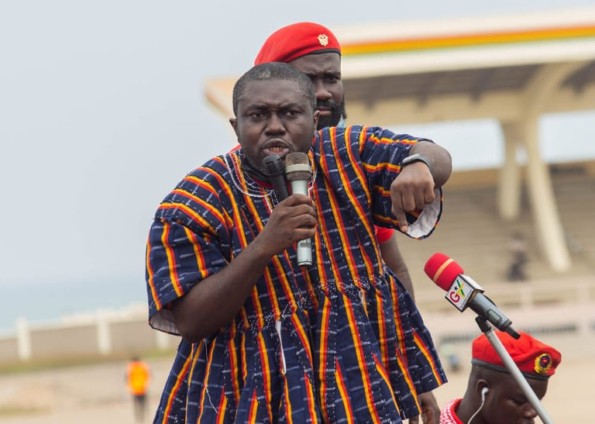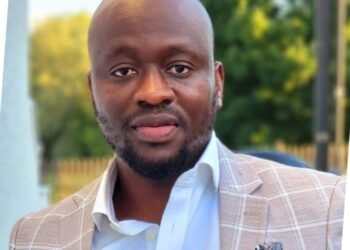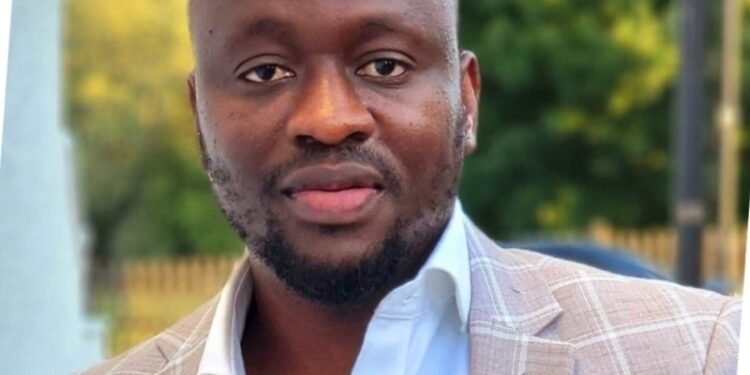Osagyefo Mawuse Oliver Barker-Vormawor, activist and convener of the Democracy Hub, formerly FixTheCountry Movement, has raised concerns over what he described as Ghana’s failure to acknowledge the role of civic activism in shaping political outcomes.
His statement follows the repeal of the controversial Electronic Transfer Levy (E-Levy), a policy that was fiercely opposed by the FixTheCountry Movement and other civil society groups.
Barker-Vormawor lamented that while the repeal of the tax was widely celebrated, those who campaigned tirelessly against it, through protests, legal battles, and public mobilization, were conspicuously absent from the official signing ceremony.
This, he argued, reflects a broader pattern in Ghanaian democracy where the contributions of activists and civic movements are routinely overlooked.
According to him, the FixTheCountry Movement was at the forefront of resisting the E-Levy from the moment it was proposed.
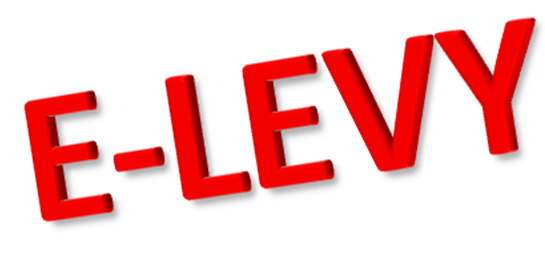
He added that their opposition was not limited to social media outrage as they took their protest to the streets, the courts, and even government-organized town hall meetings.
“We protested. We were arrested. On the crucial day Parliament was set to vote on the E-Levy, we stood in the rain at the forecourt of Parliament, refusing to be moved.
“That night, Parliament rejected the budget—a first in Ghana’s 4th Republic. It was a turning point, and it didn’t happen by accident. It happened because citizens rose up.”
Osagyefo Mawuse Oliver Barker-Vormawor, Activist and Convener of the FixTheCountry Movement
Barker-Vormawor further pointed out that FixTheCountry also actively participated in national discussions, challenging government officials on the necessity and impact of the tax.
Their persistent questioning at town hall meetings, according to him, forced the Finance Ministry to reckon with public dissatisfaction.
However, as Barker-Vormawor pointed out, their presence became so disruptive to the official narrative that authorities began excluding them from engagements.
“Our presence became so disruptive to the narrative that they began actively excluding us from these public engagements.
“In Koforidua, one overzealous national security operative even threatened to shoot our activists for simply exercising their civic rights.”
Osagyefo Mawuse Oliver Barker-Vormawor, Activist and Convener of the FixTheCountry Movement
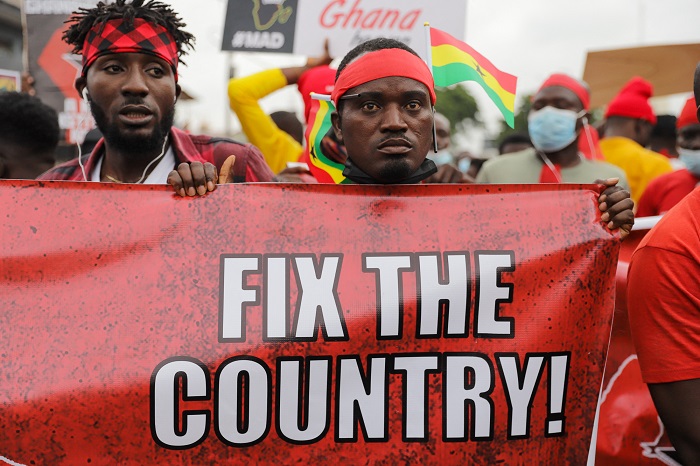
The Legal Battle and the Cost of Resistance
Beyond protests and public engagements, the group also fought the implementation of the E-Levy in the legal arena.
According to Barker-Vormawor, when the Ghana Revenue Authority (GRA) proceeded with enforcing the tax despite a pending Supreme Court challenge, the Democracy Hub—formerly FixTheCountry Movement—dragged the agency to court for contempt.
“For that, the court slapped us with a cost of 10,000 cedis. A penalty for standing up for the rule of law. In an era where might made right, and the court served only the powerful, our defiance came at a price.”
Osagyefo Mawuse Oliver Barker-Vormawor, Activist and Convener of the FixTheCountry Movement
Despite the financial and psychological toll these battles took on the movement, Barker-Vormawor indicated that they remained resolute, adding that their goal was not merely to oppose a single tax policy but to defend the principle that governance must be accountable to the people.
The Exclusion of Civic Voices in Political Celebrations
While acknowledging the significance of the repeal, Barker-Vormawor criticized the lack of inclusion of civic actors in the official announcement of its repeal.
He pointed out that in established democracies like the United States, those who advocate for or against a bill are often present at its signing, standing beside the President.
“That moment isn’t just ceremonial; it’s a powerful acknowledgment that ordinary citizens matter. That democracy is a shared project. That the people who fought for change have earned their place in the story”.
Osagyefo Mawuse Oliver Barker-Vormawor, Activist and Convener of the FixTheCountry Movement
However, in Ghana, the contributions of activists are frequently erased from the final narrative. Instead, the government alone takes credit for policy reversals, even when public pressure played a decisive role.
Barker-Vormawor made it clear that his statement was not a personal grievance but a call for greater intentionality in Ghana’s democratic processes.
He urged political leaders to recognize the role of civic activism in shaping national policies and to ensure that those who contribute to democratic victories are not sidelined.
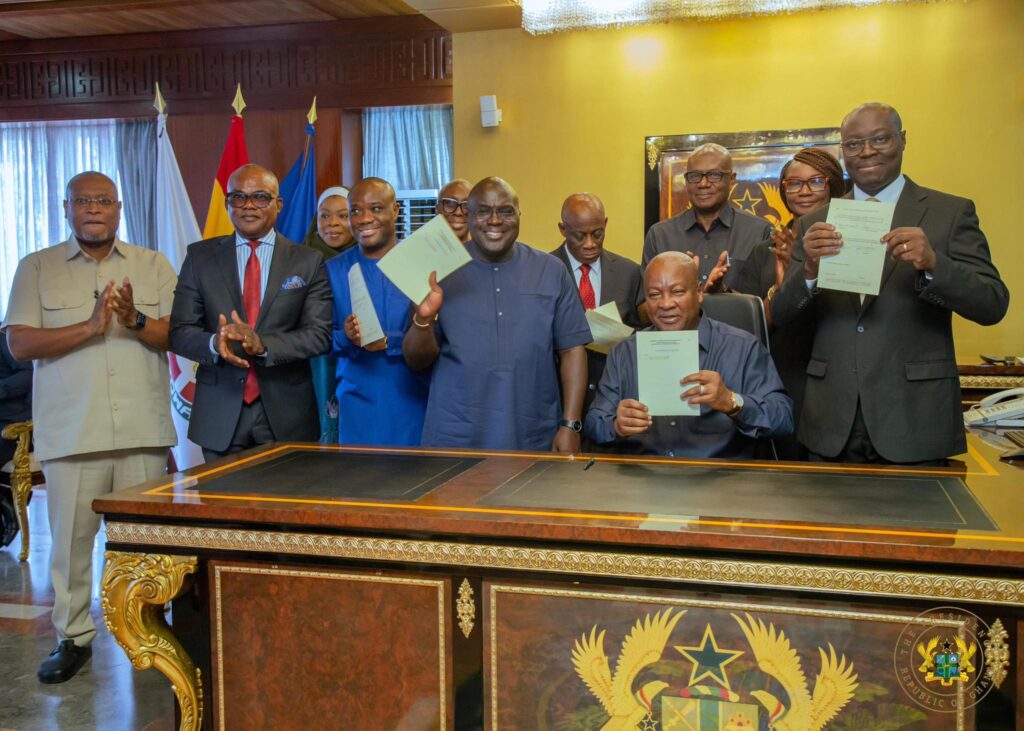
“This isn’t a critique. It’s advice about how we can do this democracy better!” he emphasized. His remarks serve as a broader reflection on the state of democracy in Ghana.
According to him, while the country has made strides in maintaining a multi-party system and holding regular elections, the exclusion of civic movements from key political moments raises concerns about how participatory the system truly is.
Barker-Vormawor strongly asserted that the repeal of the E-Levy stands as a testament to the power of civic engagement.
He emphasized that it was not the result of a sudden change of heart by policymakers but the culmination of sustained activism, legal challenges, and public resistance.
However, Barker-Vormawor contended that if Ghana is to deepen its democracy, there must be a shift in how such victories are acknowledged.
By recognizing and involving activists in major policy reversals, the government would not only be promoting transparency but also reinforcing the idea that democracy is a collective effort.
Barker-Vormawor’s call to action challenges political leaders to move beyond symbolic gestures of democracy and to genuinely embrace citizen participation in governance.
READ ALSO: Ghana Celebrates Landmark Economic Gains

